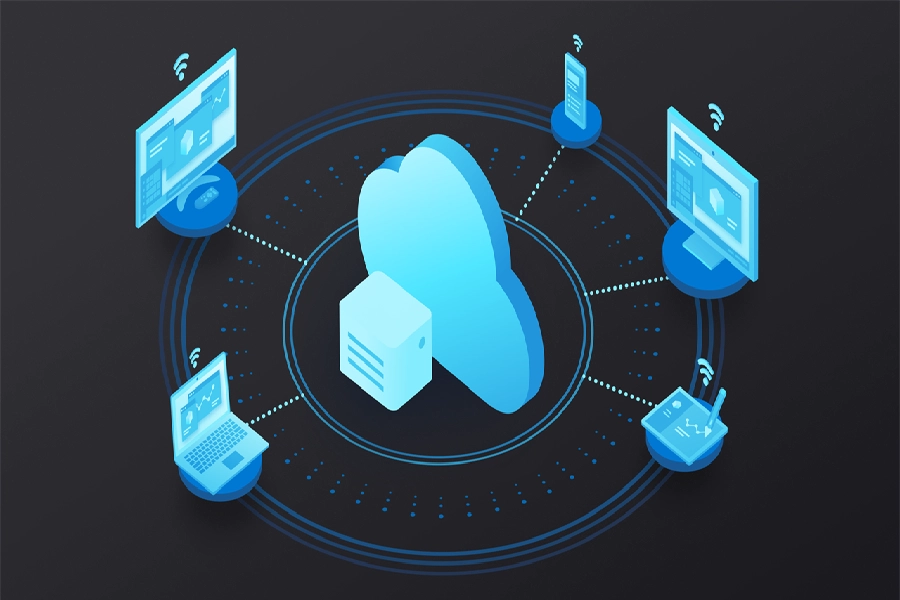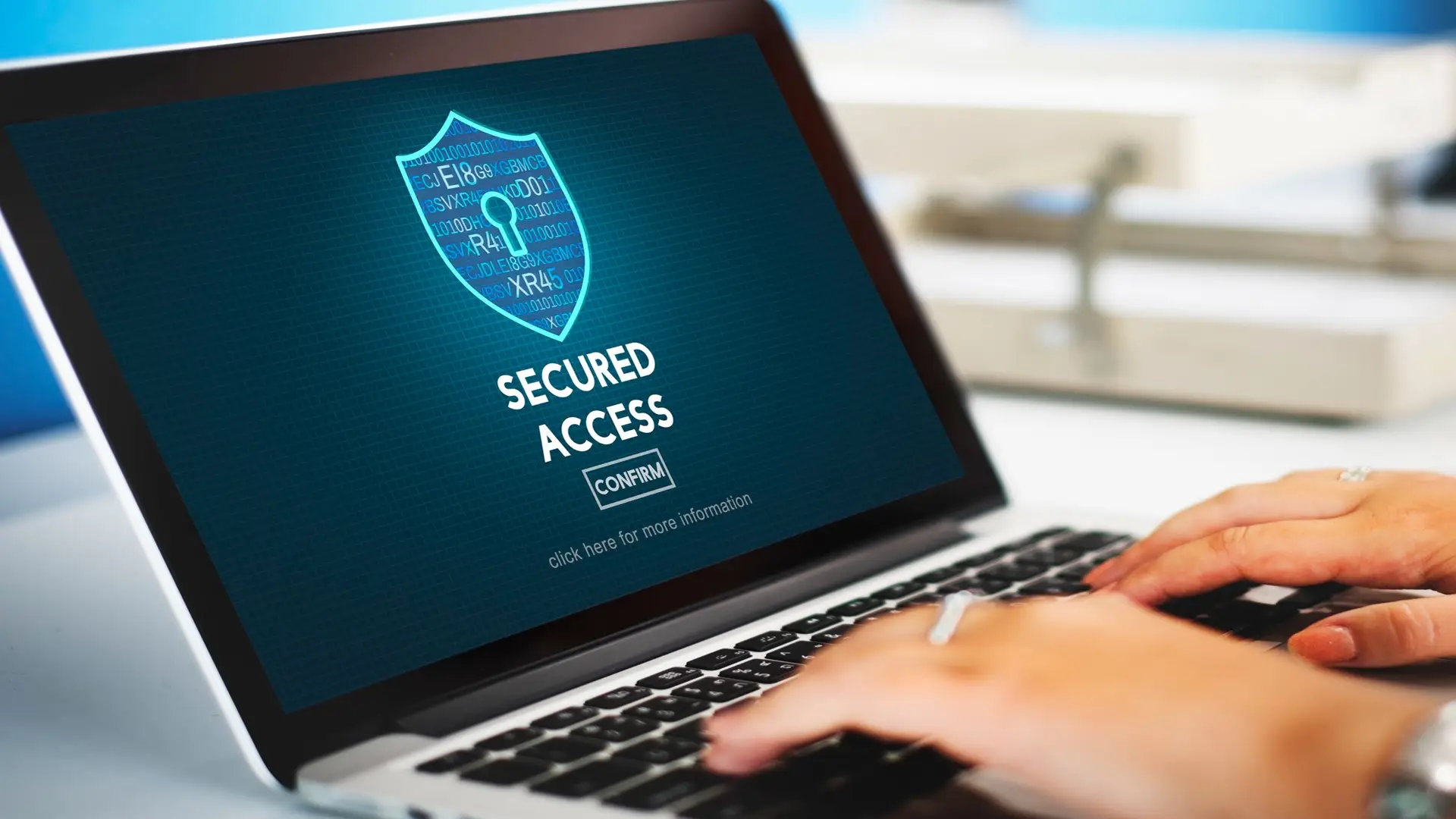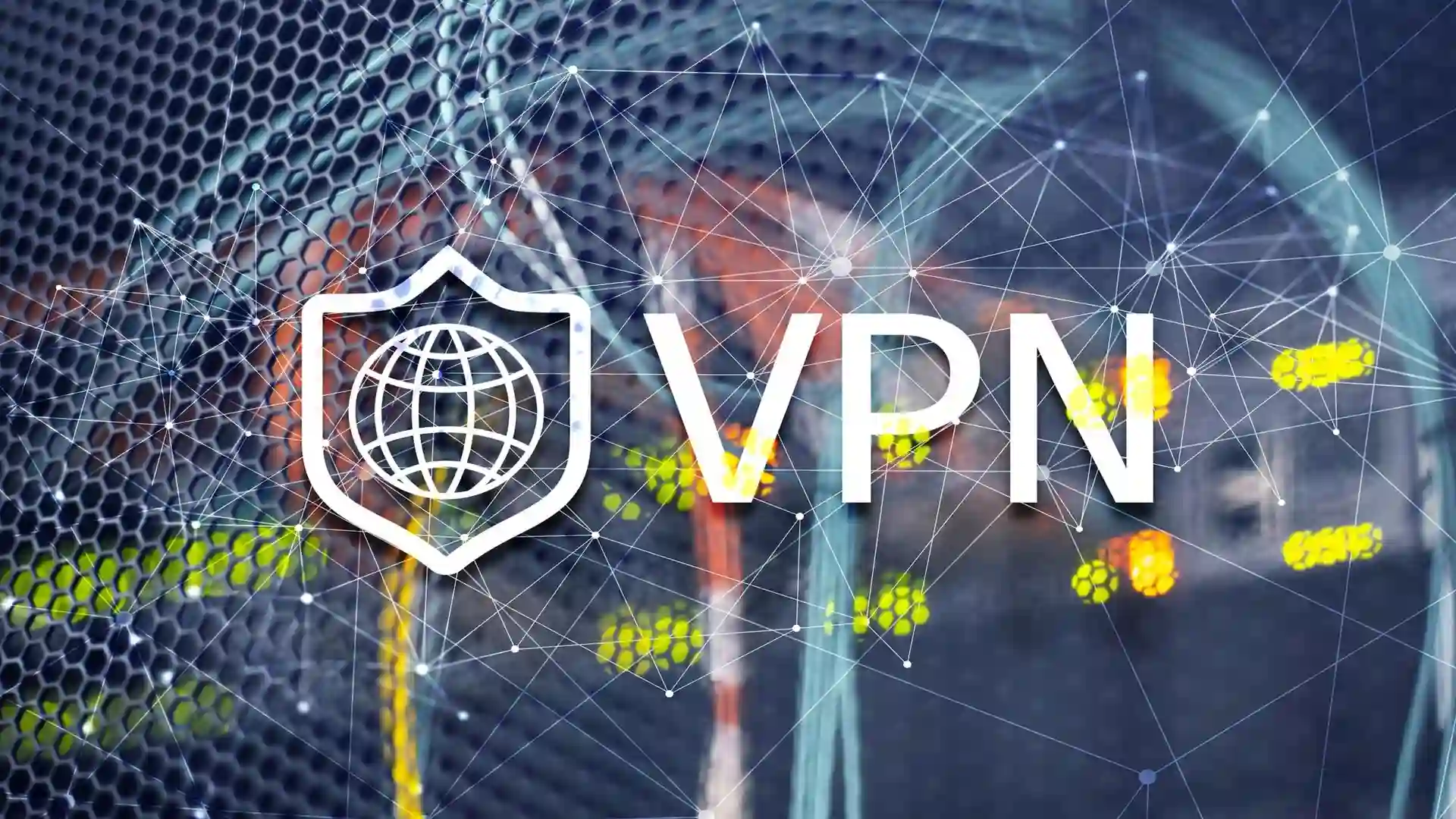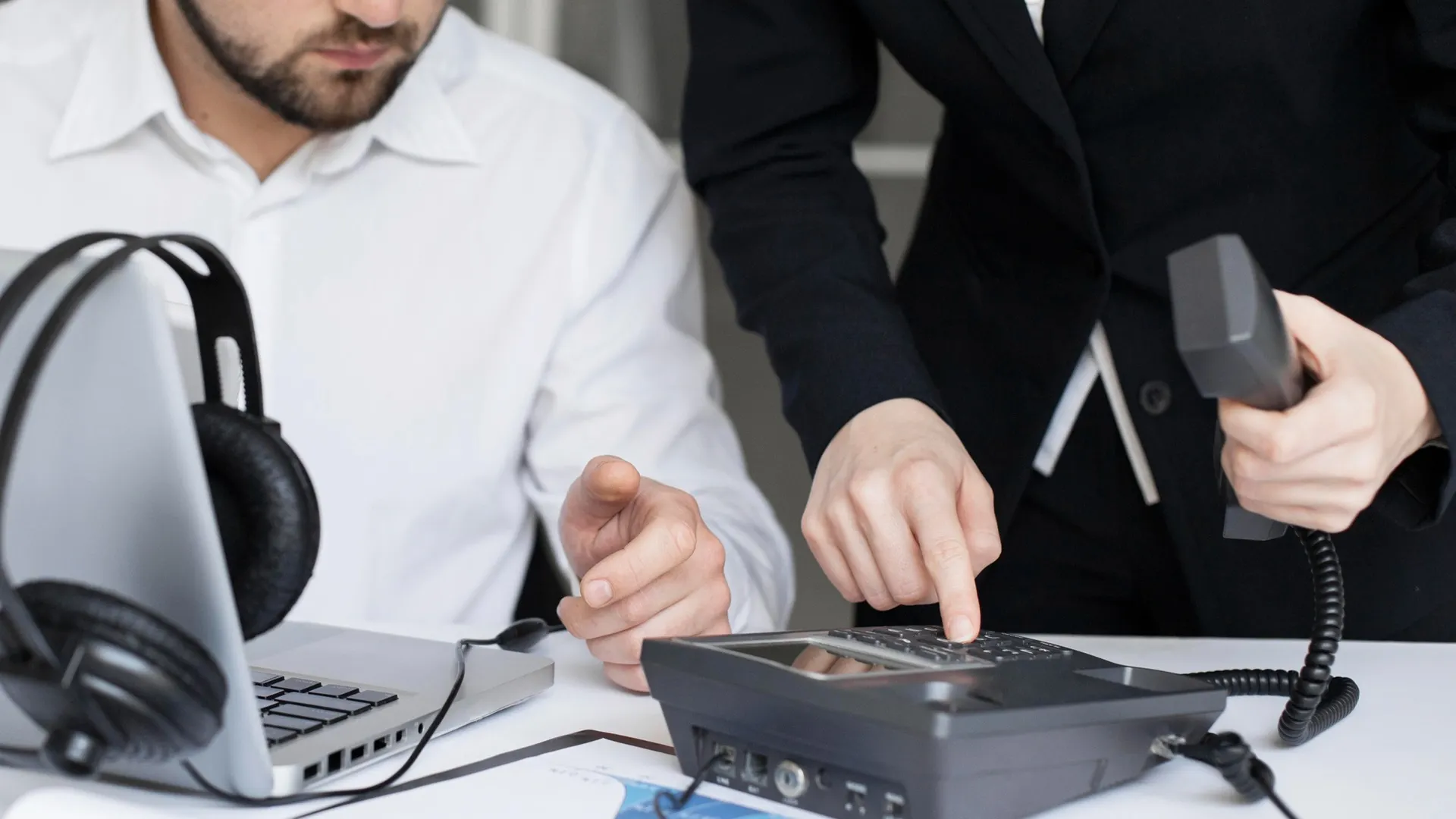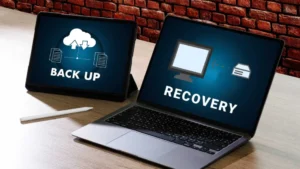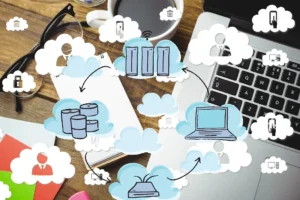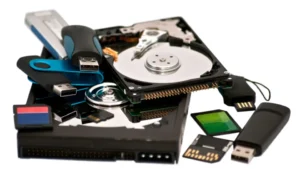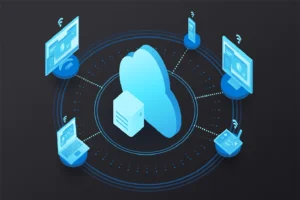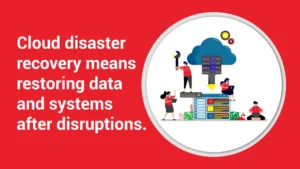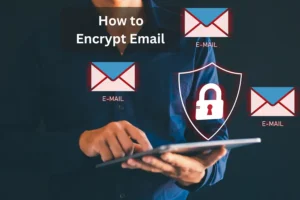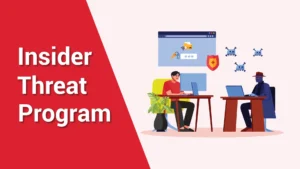Have you ever arrived at the office for the day, anxious about that big presentation you created and practiced last night, only to discover that you can’t find the flash drive containing the file ANYWHERE?
With Remote Access Software, you can avoid the stress and headache that come along with forgetting or losing your external copy – everything you need is available wherever you need it! We will also touch on the use of Virtual Private Networks (VPNs) to access and share content remotely. But what are these Remote Connections, can they help you get work done away from the office, and the big question is – are these types of connections safe?
What is Remote Access Software?
Let’s dive in! What exactly is Remote Access Software? Techpedia.com describes it as a “type of software that enables a local user to connect to a remote computer, server, or network”. It can do so with two or more computers on different networks or in different geographic locations and allows you to move files between locations as easily as dragging and dropping them.
Benefits of Remote Access Software
These programs also give you the capability to access, edit, and print a file that is stored on the computer you are connected to. This can make remote tech assistance a breeze. Why wait until the next holiday or family gathering to help out your Tech-Challenged relative with their computer woes – Remote Access Software allows you to help them from anywhere! Sometimes it can be much easier to do it yourself than to try and guide them through this process. It’s also nice for live collaboration between you and your colleagues through many different channels: Chat, Text, Voice, and even Video Calling are available depending on the software provider.
Is Remote Access Software Secure?
If you read our blogs, you know that we preach the gospel of Cyber Security. So that leads to the big question: Is Remote Access Software safe and secure? The short answer is yes, but this requires a little elaboration. The software itself is secure – the data travels over an encrypted connection (which is established between both a local and remote host) through a shared network. One user may connect to the host machine once the software is installed.
Potential Security Risks
On the other hand, there have been breaches with these applications, though I don’t know if this can be blamed on the software or user error. Vendors have been honest about breaches, reporting that most of them were due to negligence. Most applications will not allow users to circumvent their own system’s security settings, but users often recycle passwords that have shown up on hacked websites. Further, some Remote Access Software allows users to choose weak passwords which further puts them in jeopardy.
Virtual Private Networks and Remote Connections
I would like to talk about another type of remote connection called a Virtual Private Network, or VPN. A VPN extends a private network across a public network – this disguises your data traffic online and protects it from external access. Using a VPN you would be able to send files safely and remotely to another computer, even requiring the recipient to have an Encryption Key to gain access to the shared files.
How VPNs Work and Their Limitations
Using a VPN does not make you anonymous, however, it does make it harder for observers to identify and track your movements on a public network. Internet Service Providers have access to your data and the legal means to sell your data anonymously – whether or not this is ethical is hotly another question entirely. If the thought of your data being cached and sold gives you the creeps, using a Virtual Private Network may provide some peace of mind.
Exercise caution, though.. advertisers and marketers have ways to track and find you during online activity. When you accept cookies upon entering a website, the site and advertisers will watch to see where you go next. Those little bits of information being collected might seem harmless to the naked eye, but when all of the sites you’ve visited compile this information, it forms a signature that is entirely unique to you in a process called Browser Fingerprinting.
Are Virtual Private Networks Really Private?
You might have heard that using a VPN can allow a user to bypass local censorship laws and access content their governing powers have deemed illegal. This is absolutely true – VPNs can be used to connect to international servers and surf the internet as if you were in the same country as the host server. This allows the user to circumvent local restrictions and gain access to certain outlawed content, or post their own content anonymously.
Some VPN companies claim they beat censorship as a selling point, however your traffic is not invisible. Anyone is able to see that internet traffic, like where files were sent and when, they just may not be able to see exactly what those files contain. There is no “Perfect” Virtual Private Network out there, and the US Government/Law Enforcement has access to rather invasive tactics.
Privacy Concerns with VPN Providers
Remember: VPN and Remote Access Software companies are eager to gain your trust, but what is stopping them from selling your cached data and sneaking targeted ads into the websites that you visit? Or worse, handing over your private information to Law Enforcement when pressure is applied? All of this should be considered when choosing a provider for all types of Remote Access. Be sure to read through the privacy policy and end-user agreement, no matter how boring. Your freedom could depend on it.
Conclusion: Contact Us for Network Assistance
If you’re feeling overwhelmed or are concerned about your own Network, please don’t hesitate to Contact Us. We’re here to help both you and your business feel Safe & Secure!

